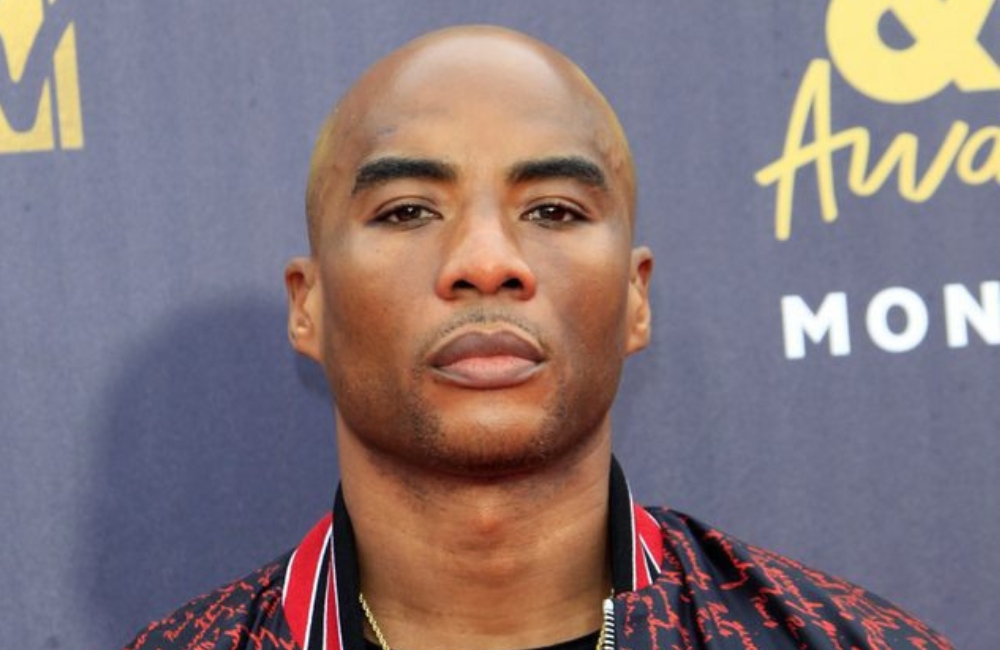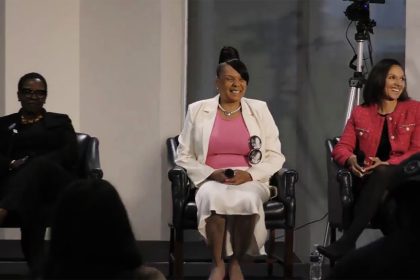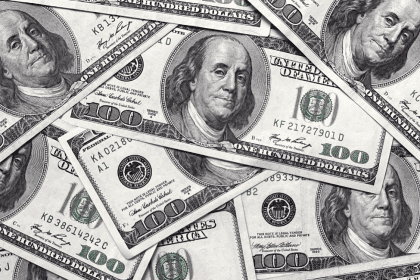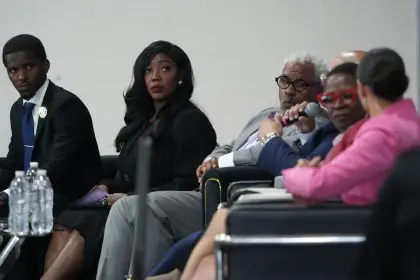Charlamagne Tha God and Stephen A. Smith have emerged as vocal defenders in the ongoing debate over rap artists’ participation in political events. Their powerful commentary comes amid intense scrutiny of performers at recent inauguration celebrations, sparking discussions about the complex relationship between hip-hop culture and political engagement. As prominent media figures, their stance has added a new dimension to the conversation about artists navigating today’s polarized political landscape. Their perspectives have resonated across social media platforms, where industry insiders and fans alike grapple with questions about artistic integrity, political responsibility, and the evolving role of entertainment in American politics.
The star-studded lineup
The events in Washington, D.C., featured an impressive roster of rap industry heavyweights. Nelly took center stage at the Liberty Ball, delivering a performance that immediately sparked discussions across social media platforms. The Crypto Ball saw performances from both Snoop Dogg and Soulja Boy, with Rick Ross joining the lineup, creating an unprecedented gathering of hip-hop talent at a politically charged event. These appearances immediately drew attention from both supporters and critics, leading to heated discussions about artists’ roles in political settings. The performances themselves ranged from classic hits to newer material, creating an interesting juxtaposition between entertainment and political ceremony.
Defending artistic choices
In a compelling segment of “The Stephen A. Smith Show,” Smith addressed the controversy head-on, offering a nuanced perspective on the artists’ decisions. He emphasized the significance of personal relationships in business decisions, particularly highlighting the long-standing connection between Snoop Dogg and event organizer David O. Saks. This context, Smith argued, provides essential background for understanding the performers’ choices. The discussion explored the complexities of maintaining artistic integrity while navigating political waters, touching on the historical precedent of artists performing at political events across party lines. Smith‘s analysis delved into the broader implications of these performances for both the music industry and political discourse in America.
Financial realities vs. political statements
The discussion delved deeper into the motivations behind these performances, with particular attention paid to the financial aspects of such opportunities. The entertainment industry’s economic landscape plays a crucial role in artists’ decision-making processes, especially in an era where traditional revenue streams have been disrupted by digital platforms and changing consumption patterns. This financial context provides important perspective on why established artists might choose to perform at political events, regardless of potential backlash. The conversation also explored how these choices reflect broader trends in the entertainment industry, where the lines between politics, business, and artistry increasingly blur.
The hypocrisy factor
The complexity of the situation became even more apparent when examined through the lens of past statements and actions. “The Breakfast Club” became a platform for addressing what many saw as double standards in public reaction. Charlamagne Tha God brought attention to what he perceived as inconsistent standards applied to entertainers versus political figures, questioning the proportionality of public outrage. This discussion highlighted the broader issue of accountability in both entertainment and politics, raising questions about who bears responsibility for political messaging and its impact on public discourse. The analysis extended to examining how social media amplifies these controversies while often overlooking more substantive political issues.
Long-term implications
Looking beyond the immediate controversy, the discussion raises important questions about the lasting impact of these performances on both the entertainment industry and political landscape. The debate touches on fundamental issues of artistic freedom, political expression, and the responsibilities of public figures in politically charged environments. As the entertainment industry continues to evolve, these events may set precedents for how artists navigate political spaces in the future. The conversation also highlights the growing intersection between popular culture and political discourse, suggesting that such controversies may become increasingly common as these worlds continue to overlap.
The immediate reactions to these performances have sparked broader discussions about the role of artists in political discourse. Industry observers note that these events may influence how future artists approach similar opportunities, potentially reshaping the relationship between entertainment and politics. The controversy has also led to conversations about authenticity in hip-hop culture and how political engagement affects artists’ credibility within their community.
















